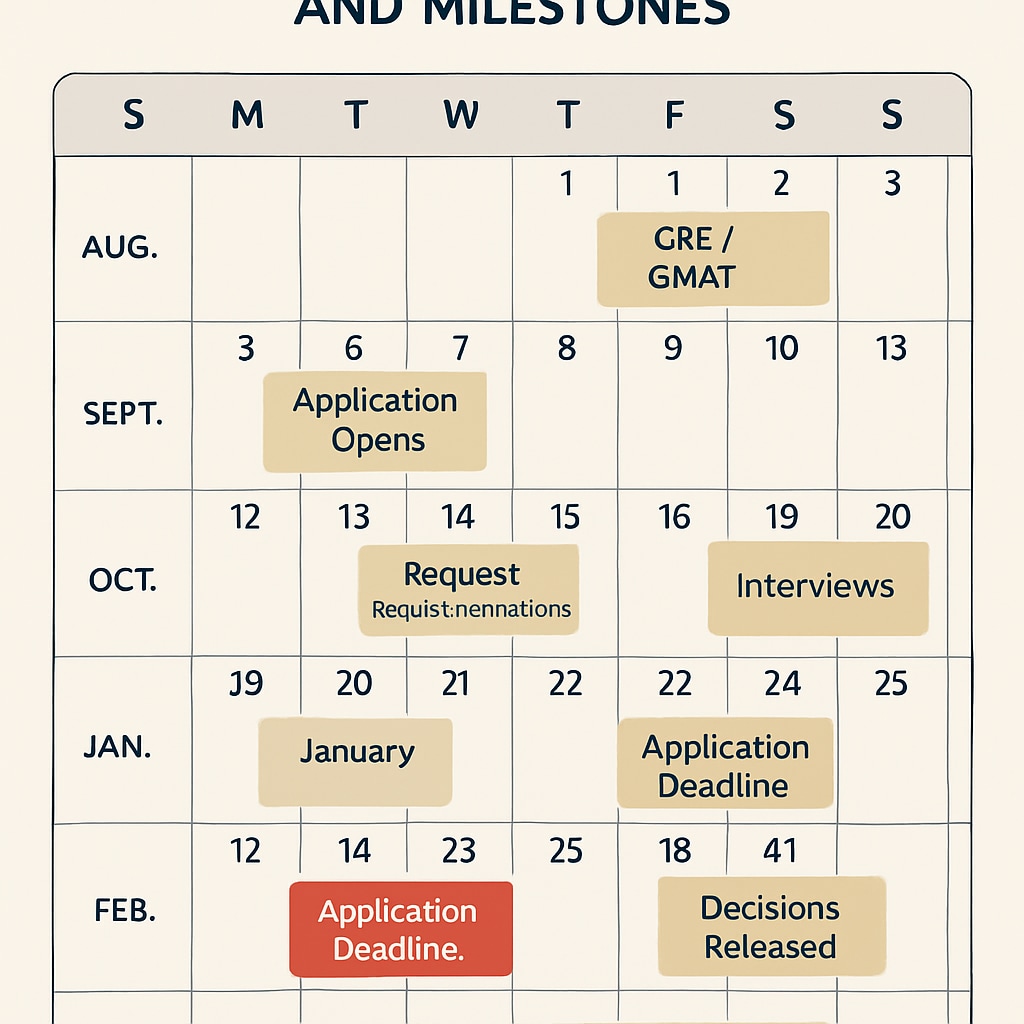Pursuing a U.S. master’s degree can be a transformative step for K12 educators seeking to broaden their international perspectives and enhance their professional skills. For those considering U.S. master’s programs, understanding the feasibility of such an endeavor, its value to their career, and the optimal application timing is essential. In this article, we will explore how international exposure contributes to the growth of China’s K12 education system, the practical steps for applying to U.S. graduate programs, and strategies to ensure a successful application process.
Why K12 Educators Should Consider U.S. Master’s Programs
As education systems worldwide become increasingly interconnected, K12 educators stand to gain significantly from studying abroad. A U.S. master’s program offers access to cutting-edge teaching methodologies, exposure to diverse student populations, and opportunities to engage with global educational challenges. For example, many U.S. universities emphasize student-centered learning and innovative pedagogical techniques, which can be directly applied to classrooms worldwide. Furthermore, these programs often provide networking opportunities with fellow educators and leading experts in the field.
In China’s K12 education system, there is growing recognition of the importance of cultivating critical thinking, creativity, and global awareness in students. By earning a degree from a U.S. institution, educators can bring back valuable insights and practices to enrich their teaching. As a result, they can play a pivotal role in bridging the gap between traditional teaching styles and modern educational demands.

Feasibility of Applying to U.S. Master’s Programs
Before diving into the application process, it’s important to assess the feasibility of pursuing a U.S. master’s degree. Key factors to consider include financial costs, language proficiency, and alignment with professional goals. While tuition fees and living expenses in the U.S. can be significant, many universities offer scholarships, grants, and assistantships to international students. Educators should research funding options thoroughly and prepare a realistic budget that covers tuition, accommodation, and other expenses.
Language proficiency is another critical factor. Most U.S. programs require applicants to submit TOEFL or IELTS scores, demonstrating their ability to communicate effectively in English. Additionally, educators should evaluate whether the program aligns with their career aspirations. For example, a degree in curriculum and instruction, educational leadership, or special education may be particularly relevant for K12 educators looking to advance their careers.
How to Determine the Best Application Timing
The timing of your application can significantly impact your chances of acceptance and overall preparedness. Most U.S. universities have strict application deadlines, typically in the fall or winter for programs starting the following academic year. Educators should start preparing at least 12–18 months in advance, giving themselves ample time to gather necessary documents, take standardized tests, and craft a compelling personal statement.
In addition to meeting deadlines, educators should consider their current professional commitments and personal circumstances. For example, applying during a less demanding period in their teaching schedule may allow more time to focus on the application process. It’s also worth noting that some programs offer spring or summer admissions, providing additional flexibility for prospective students.

Strategies for a Successful Application
Success in applying to U.S. master’s programs requires careful planning and attention to detail. Below are some practical strategies to enhance your application:
- Research Programs Thoroughly: Identify programs that align with your career goals and interests. Use university websites, program brochures, and alumni testimonials to gather information.
- Prepare a Compelling Personal Statement: Highlight your teaching experience, career aspirations, and how the program will help you achieve your goals.
- Secure Strong Recommendations: Choose recommenders who can attest to your professional skills, academic abilities, and leadership potential.
- Optimize Your Resume: Tailor your resume to emphasize relevant achievements, such as innovative teaching methods or leadership roles in education.
- Plan Finances Early: Research scholarships, loans, and assistantships to reduce the financial burden.
Finally, seek feedback on your application from mentors, colleagues, or professional consultants. A well-polished application can make a strong impression on admissions committees, increasing your chances of acceptance.
The Long-Term Value of International Education
For K12 educators, the benefits of earning a U.S. master’s degree extend far beyond the classroom. Graduates often find themselves better equipped to take on leadership roles, develop innovative curricula, and influence educational policy. Additionally, an international degree can enhance career prospects, as many schools and institutions value the global perspective and expertise that such qualifications bring.
Moreover, educators who study abroad often become advocates for cross-cultural understanding and collaboration. By incorporating their international experiences into their teaching, they can inspire students to think globally and embrace diversity. As a result, these educators contribute to the broader mission of preparing the next generation for a rapidly changing world.
In conclusion, pursuing a U.S. master’s degree is a feasible and valuable option for K12 educators seeking to expand their horizons and make a lasting impact on their profession. By carefully considering the application timing, financial planning, and alignment with career goals, educators can unlock new opportunities and bring transformative changes to their teaching practices.


